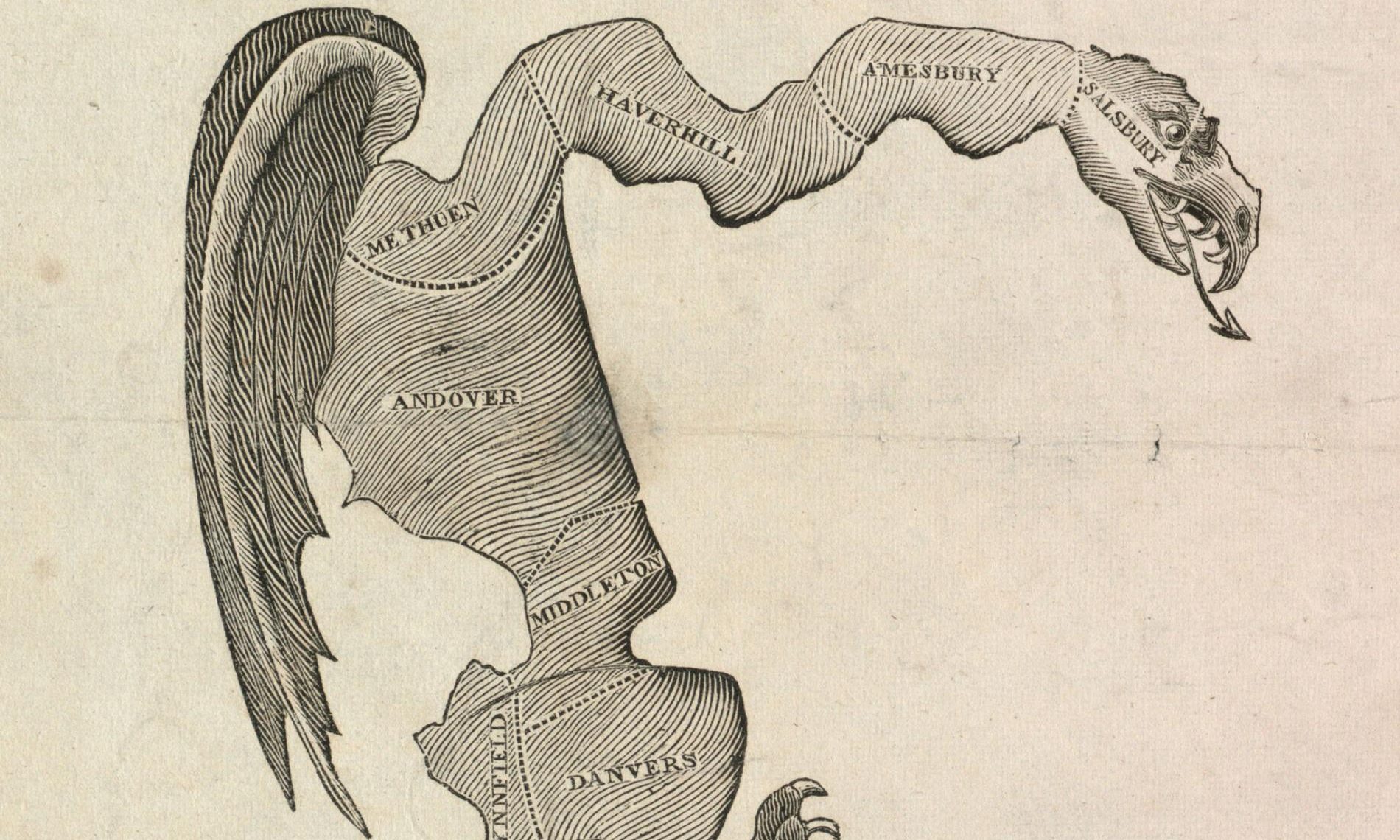
Gerrymandering in the Nation Today
“Gerrymandering decisions are being made not for the benefit of that minority community, but for the benefit of the partisan power in control.”

“Gerrymandering decisions are being made not for the benefit of that minority community, but for the benefit of the partisan power in control.”

Every rise has a peak. Many European nations in the past have diminished in influence on the world stage as their populations age and their economies slow. East Asian nations have enjoyed their growth for the past few decades, but the same historical consequences seem to be coming all the same.

The main difference between the U.S. and other nations isn’t that hyper-partisanship doesn’t exist, but instead is that gridlock isn’t able to shutter parts of an entire government.

With Huawei, a Chinese mobile network company that is probably little known to the everyday American, complaints about fluctuating coverage and slow LTE may soon become concerns over foreign espionage and cyber warfare.

Moon Jae-in has staked his legacy on resolving the North Korean problem, relying on the hope that his behind-the-scenes work can push President Trump and Chairman Kim to move past platitudes.

The safety of her nation of 23 million hangs in the balance as Tsai walks a fine line between competing world powers.

If the partisan nature of politics has evolved to such a degree that basic discussion with one’s political opponent is considered unnecessary, what is the point of it all? Should voters not hear different opinions?

For these former Soviet states, redefining and rediscovering past cultures has been difficult, especially with the shadow of Russia still looming large.